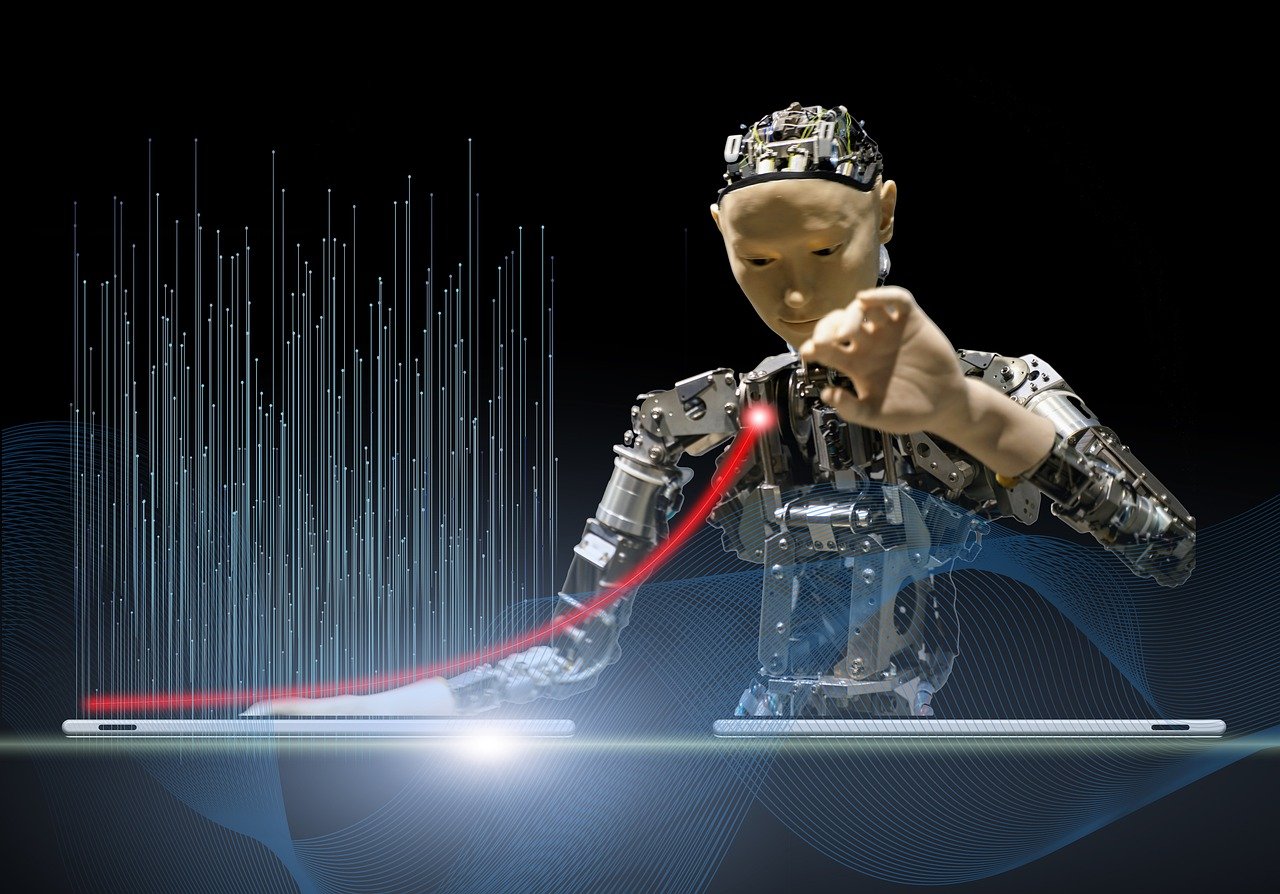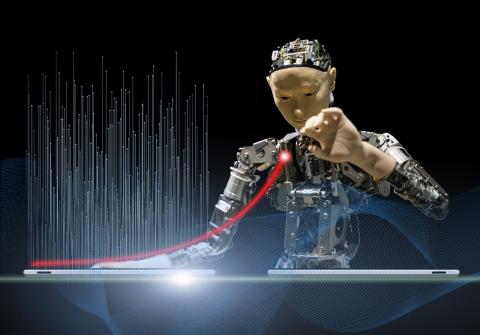
Picture this: you're swamped with emails, buried under spreadsheets, and constantly chasing deadlines on repetitive tasks. Sounds familiar, right? This is the reality for many businesses struggling with manual processes that stifle productivity. Thankfully, Robotic Process Automation (RPA) has emerged as a superhero, swooping in to automate these mundane tasks and free up your valuable time. But who builds and guides these tireless digital workers? Enter the RPA developer, the tech wizard behind the automation curtain.
RPA developers are more than just coding whizzes. They act as business detectives, partnering with different departments to uncover the hidden potential for automation. Their keen eye spot processes are perfect candidates for RPA's magic touch: repetitive tasks with clear rules, those prone to errors due to their sheer volume, and processes that happen like clockwork with predictable data.
Through interviews, process mapping, and data analysis, RPA developers pinpoint these automation opportunities, working with stakeholders to assess the feasibility and potential benefits of transforming these manual beasts into automated workhorses.

Key responsibilities of an RPA developer
1. Identifying Automation Opportunities: The Business Analyst Within
RPA developers don't simply dive into coding. They act as business analysts, working closely with different departments to understand their workflows and identify processes ripe for automation. This involves tasks that are:
- Repetitive and rule-based: Ideal candidates for automation are tasks that follow a clear set of rules and require minimal human judgment. Examples include data entry, invoice processing, and generating reports.
- Time-consuming and prone to errors: Manually processing large amounts of data or performing repetitive actions can be tedious and error-prone. RPA excels in these areas, freeing up human resources and improving accuracy.
- High-volume and predictable: Processes that occur frequently with predictable data are prime targets for automation, ensuring a consistent return on investment (ROI).
- Through interviews, process mapping, and data analysis, RPA developers pinpoint these automation opportunities. They then collaborate with stakeholders to assess the feasibility and potential benefits of automating each process.

2. Designing and Building RPA Solutions: From Blueprint to Bot
Once an automation opportunity is identified, the RPA developer takes on the role of an architect, crafting the blueprint for the RPA solution (bot). This involves:
- Understanding the Existing System: The developer needs to thoroughly understand the applications and systems the bot will interact with. This may involve data structures, user interfaces (UIs), and Application Programming Interfaces (APIs).
- Scripting and Coding: While RPA tools offer drag-and-drop functionalities, some level of scripting or coding is often required. Developers may use languages like Python or Visual Basic for Applications (VBA) to tailor the bot's behavior and integrate it with existing systems.
- Testing and Debugging: Just like any software development process, rigorous testing is crucial. The developer meticulously tests the bot to ensure it functions as intended, catches errors, and identifies areas for improvement.
3. Implementation, Training, and Support: Ensuring a Smooth Transition
A well-designed bot is only half the battle. The RPA developer plays a crucial role in ensuring a smooth implementation and ongoing support:
- Deployment and Configuration: The developer configures the bot within the RPA platform and integrates it with the target systems. This may involve user account setup, security protocols, and data mapping configurations.
- User Training and Change Management: Not everyone embraces automation with open arms. The developer may be responsible for creating training materials and conducting workshops to educate users on the bot's capabilities and how it will impact their workflows.
- Monitoring and Maintenance: RPA solutions are not static. The developer monitors the bot's performance, identifies potential issues, and performs maintenance tasks to ensure its continued effectiveness. This may involve adapting the bot to handle changes in underlying systems or addressing new business requirements.

4. Staying Ahead of the Curve: Continuous Learning in an Evolving Field
RPA is a rapidly evolving field. To stay competitive, RPA developers need to continuously expand their skills:
- Deepening Technical Expertise: Staying updated on the latest RPA tools, scripting languages, and integration techniques is essential. Many RPA platforms offer developer certifications to validate these skills.
- Understanding Business Processes: Effective automation goes beyond technical know-how. RPA developers who possess a strong understanding of business processes and best practices can design more efficient and impactful solutions.
- Communication and Collaboration: Building successful RPA solutions often requires close collaboration with various stakeholders. Honing communication and interpersonal skills is crucial for developers to effectively advocate for automation and build consensus across teams.
RPA developers are much more than just coders. They are strategic partners, combining technical expertise with business acumen to streamline operations and unlock new levels of efficiency. As organizations continue to embrace automation, the demand for skilled RPA developers will only grow.
We recommend you on video


